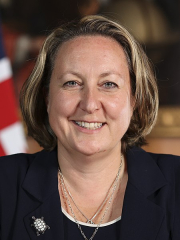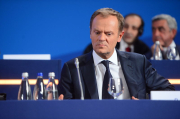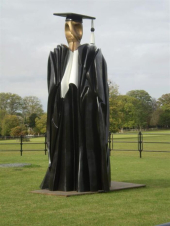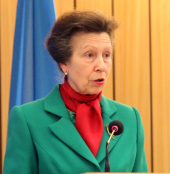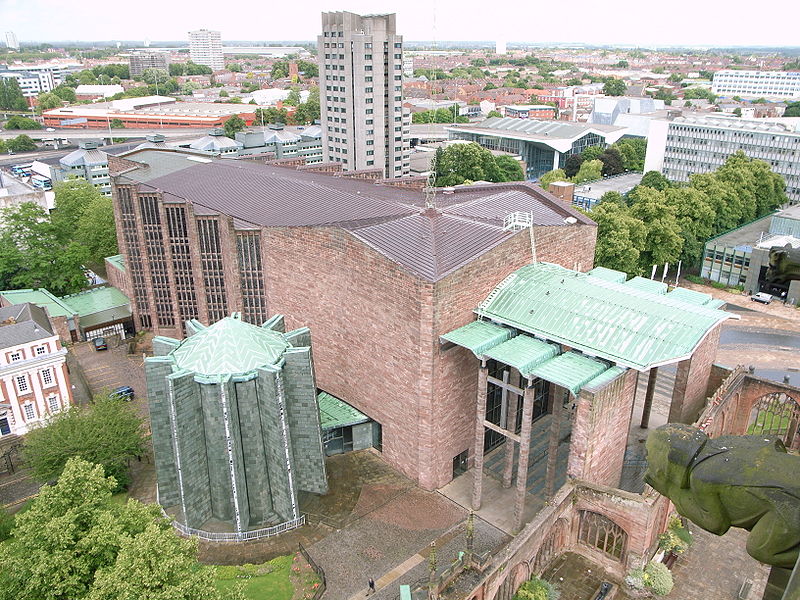
The Mayor of London, Sadiq Khan will today visit the state-of-the-art London Electric Vehicle Company (LEVC) factory in Coventry.
Joined on the visit by Andy Street, Mayor of the West Midlands, Sadiq will today show his commitment to building bridges between London and the rest of the country and showcase how London can help both the national pandemic recovery and the levelling up agenda. He will also recognise how important the skilled workforces in other regions are to London’s economy and businesses.
London’s ongoing investment in electric vehicles is tackling the twin dangers of air pollution and climate change. This supports the Mayor’s wider target of decarbonising the transport network and achieving a zero carbon London by 2030. LEVC has been a vital partner for London, developing and producing the capital’s first Zero Emission Capable (ZEC) black cab, with over 4,400 of LEVC’s electric black taxis now on London’s streets. One third of all black cabs in London are now Zero Emission Capable.
The Mayor is committed to working with the Government, boroughs, charge point operators, energy providers and other key stakeholders to make sure London gets the charge points it needs to support the transition to zero emission transport. Which is why his visit today also marks the start of his 2030 Electric Vehicle (EV) Infrastructure Strategy, due to be published in full later this year, that includes a key commitment to unlocking land owned by the Greater London Authority Group and the boroughs for EV charging.
London’s infrastructure now accounts for approximately a third of the UK’s total charge points and represents a 55 per cent increase in EV charging points delivered in the three years from 2019 to 2021. However, new modelling from TfL estimates that by 2030 London could need 40,000 – 60,000 charge points, of which up to 4,000 will be rapid charge points, that could fully charge a vehicle in as little as 20 minutes.
It is thought that public sector land could accommodate around 1,000 of the up to 4,000 rapid charge points London may need, representing an important contribution to London’s charging infrastructure. It also addresses one of the biggest barriers to the roll out of further chargers in London and will enable London boroughs to unlock their land and ensure sufficient levels of charging can be achieved.
This commitment means there will soon be many more EV charge points across the capital, supporting access for all users, especially those without off-street home charging, essential travel and for high mileage users. This will also help improve the balance of infrastructure access across inner and outer London. City Hall estimates from this that the total CO2 savings from switching to EVs will be between 1.4m tonnes and 2.8m tonnes by 2030.
During his trip to Coventry, the Mayor will also visit the Ultra Low Emission Zone (ULEZ) control centre at Capita, just ten days before the expansion of the ULEZ - a zone operating 24 hours a day, seven days a week, in which vehicles need to meet the strict emissions standards or their drivers must pay a daily charge to drive within the zone.
On 25 October the ULEZ will be expanding up to, but not including, the North and South Circular Road. As part of the Mayor’s wide-ranging programme to improve London’s air quality, the Low Emission Zone standards were tightened to align with the ULEZ and encourage operators of the most polluting heavy diesel vehicles driving in the capital to switch to cleaner vehicles.
A green recovery and a strong economic recovery go hand in hand and companies like LEVC and Capita clearly demonstrate how London’s investment in green technology is generating good quality jobs across the UK.
The Mayor’s visit coincides with his official submission to the Government’s Comprehensive Spending Review (CSR) with a warning to ministers that without further measures to support London’s economy it will hamper the entire UK’s recovery from COVID-19. The capital’s economy accounts for a quarter of the UK’s total economic output and contributes a net £38.7 billion to the Treasury, with London’s creative industries generating £58.4 billion for the UK economy alone.
The Mayor of London, Sadiq Khan, said: The Mayor of London, Sadiq Khan, said: “I'm committed to building bridges between London and the rest of our country and showcasing how the capital can help the national recovery and the levelling up agenda. Together, Capita’s TfL contracts and the state-of-the-art London Electric Vehicle Company in Coventry employ 2,200 people in the West Midlands and North of England, showing clearly how London relies on the skills of other regions and that investment in our capital can help create quality green jobs across the country.”
“Tackling the climate crisis and growing our economy across the UK is about regions working together and investing in new technologies. London is ready and willing to play its part in ensuring a strong and green national recovery from this terrible pandemic.”
The Mayor of the West Midlands, Andy Street, said: “Today’s visit by the Mayor of London shows how vital the West Midlands is to the wider UK economy, as well as how we’re a key player in the fight against climate change.”
“Not only is the phenomenal Coventry-based LEVC helping both our region and the capital tackle the climate emergency with their state-of-the-art electric taxis, but just down the road we also have Capita using their West Midlands base to control London’s Ultra-low Emission Zone.”
“The work these two companies are doing with London is testament to how levelling up the West Midlands will be critical to the UK’s future success.”
Christina Calderato, Director of Transport Strategy & Policy for TfL, said: “London’s toxic air reduces the length and quality of lives across the city and contributes to climate change. Improved electric vehicle infrastructure can support more essential trips being made using zero-emission transport, which will help tackle the twin dangers of air pollution and the climate emergency. Since we published the Mayor’s Taskforce EV Infrastructure Delivery Plan in 2019 the number of EV charge points in London has increased by 55 per cent, and now accounts for approximately a third of all charge points in the UK. The innovative approach to unlocking public sector land in the capital, set out in the Mayor’s 2030 Electric Vehicle Infrastructure Strategy, will accelerate the delivery of much needed rapid charge points even further, supporting better access for all users in all areas of London.”
Joerg Hofmann, LEVC CEO, said: “I am pleased to host the Mayor of London, Sadiq Khan, here at LEVC in Coventry today as the capital continues its journey to becoming net zero by 2030. I am also pleased to host Andy Street, Mayor of the West Midlands.
“With our range of revolutionary electrically driven vehicles - the TX black taxi and VN5 light commercial vehicle - LEVC is providing the optimum solution for drivers and businesses looking to transition to green mobility while charging infrastructure improves in London and across the UK. Increasing the number of charge-points in the run up to 2030 will be crucial in ensuring businesses can operate emissions free. I look forward to working with the Mayor in supporting London’s journey to becoming a zero carbon city.”
Steve McNamara, General Secretary at Licensed Taxi Drivers Association said: “The London Taxi Trade is justly proud of our continuing efforts to work with the Mayor in cleaning up London’s air. Around one third of all London’s iconic black cabs are now Zero Emission capable and our fleet is transitioning at speed. We welcome the further commitment from Mayor Sadiq Khan to increase the rapid charging infrastructure by freeing up land owned by the GLA, this will help us achieve our target of a 90 per cent EV fleet within 5 years, guaranteeing Londoners and visitors alike the cleanest taxi service in the world.” Photo by Steve Cadman, Wikimedia commons.




















